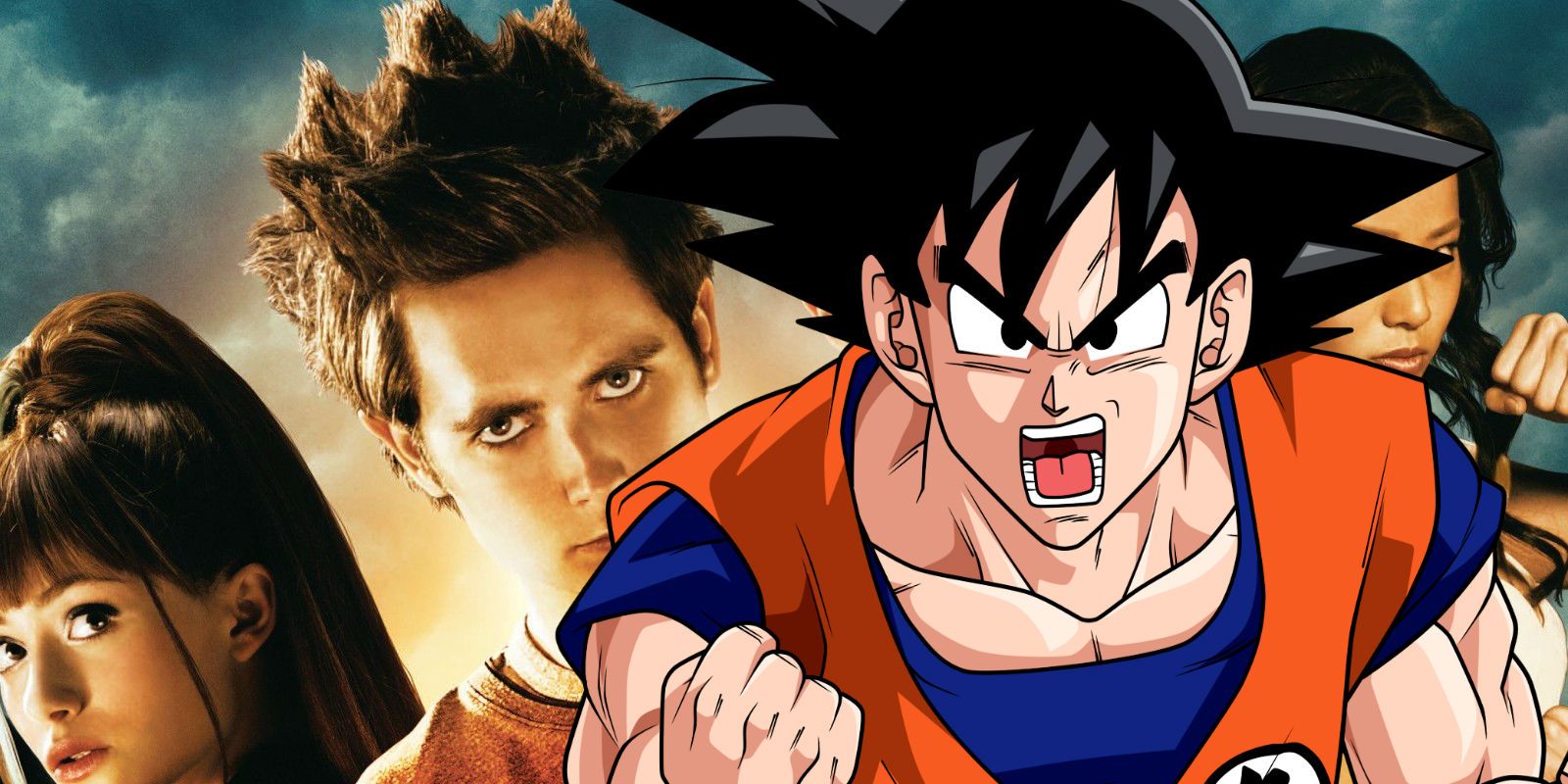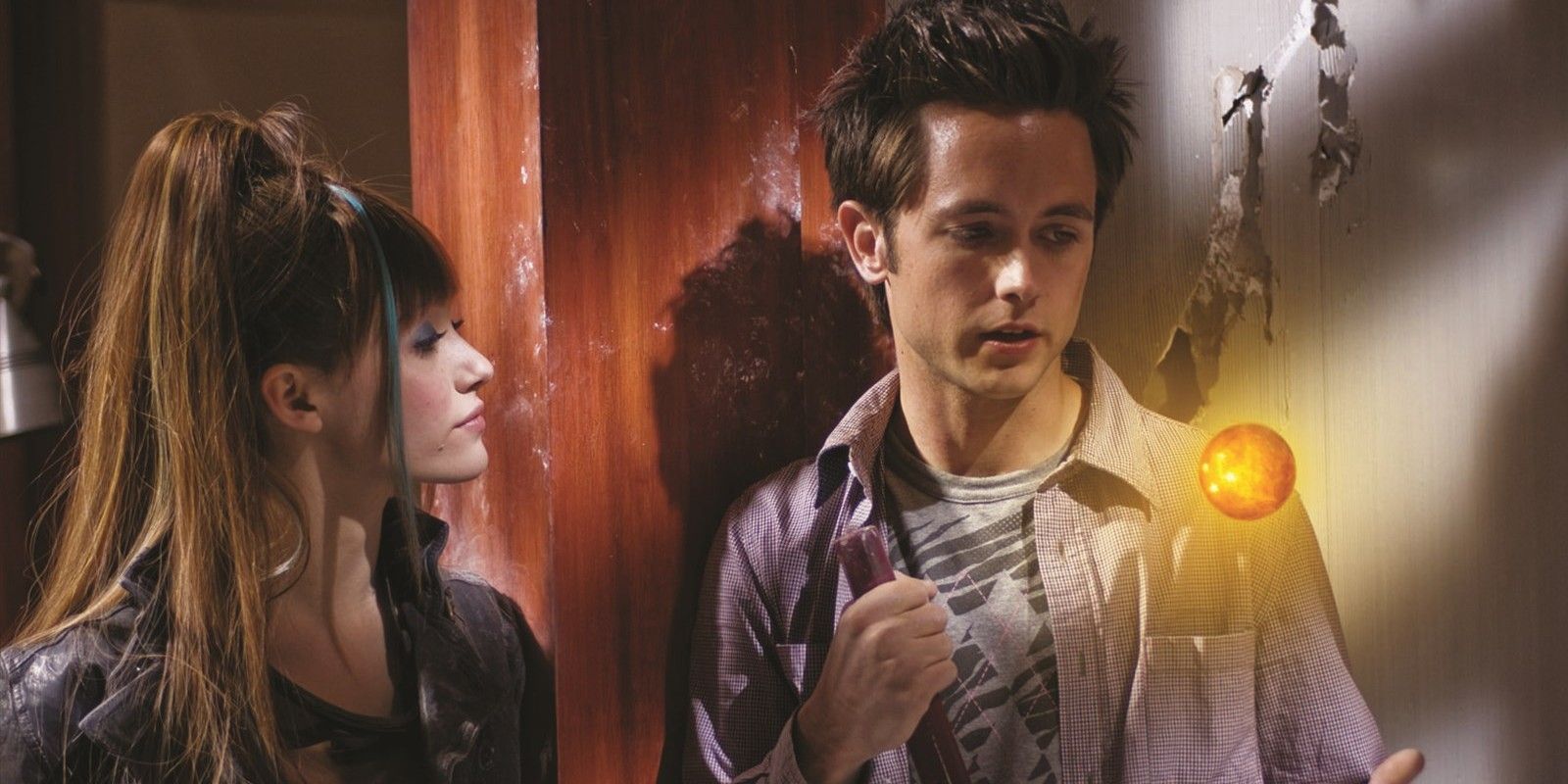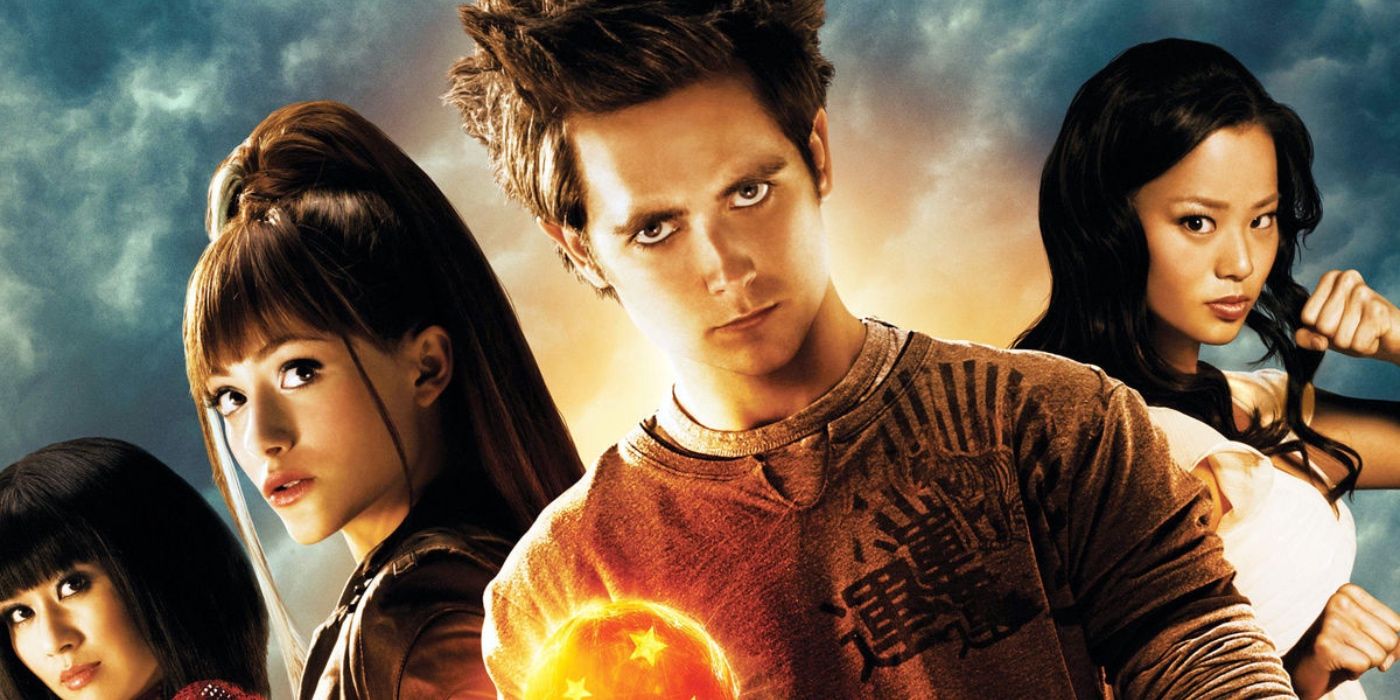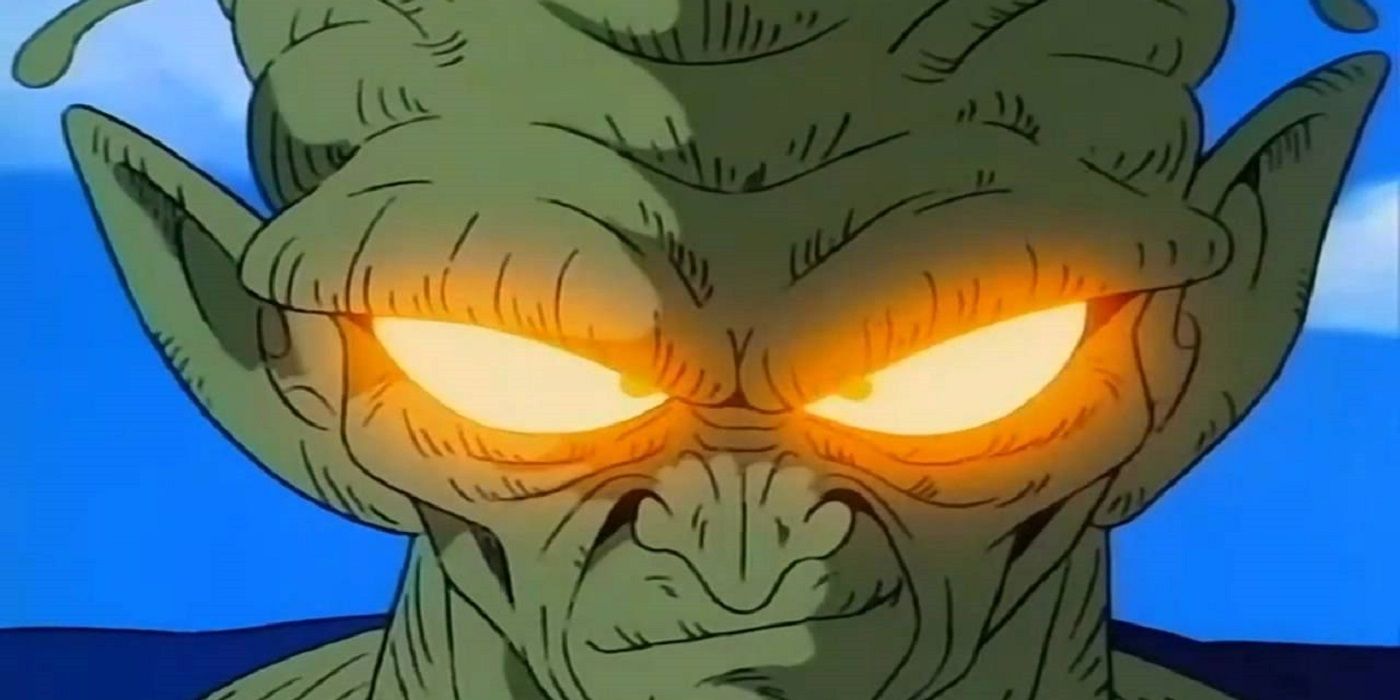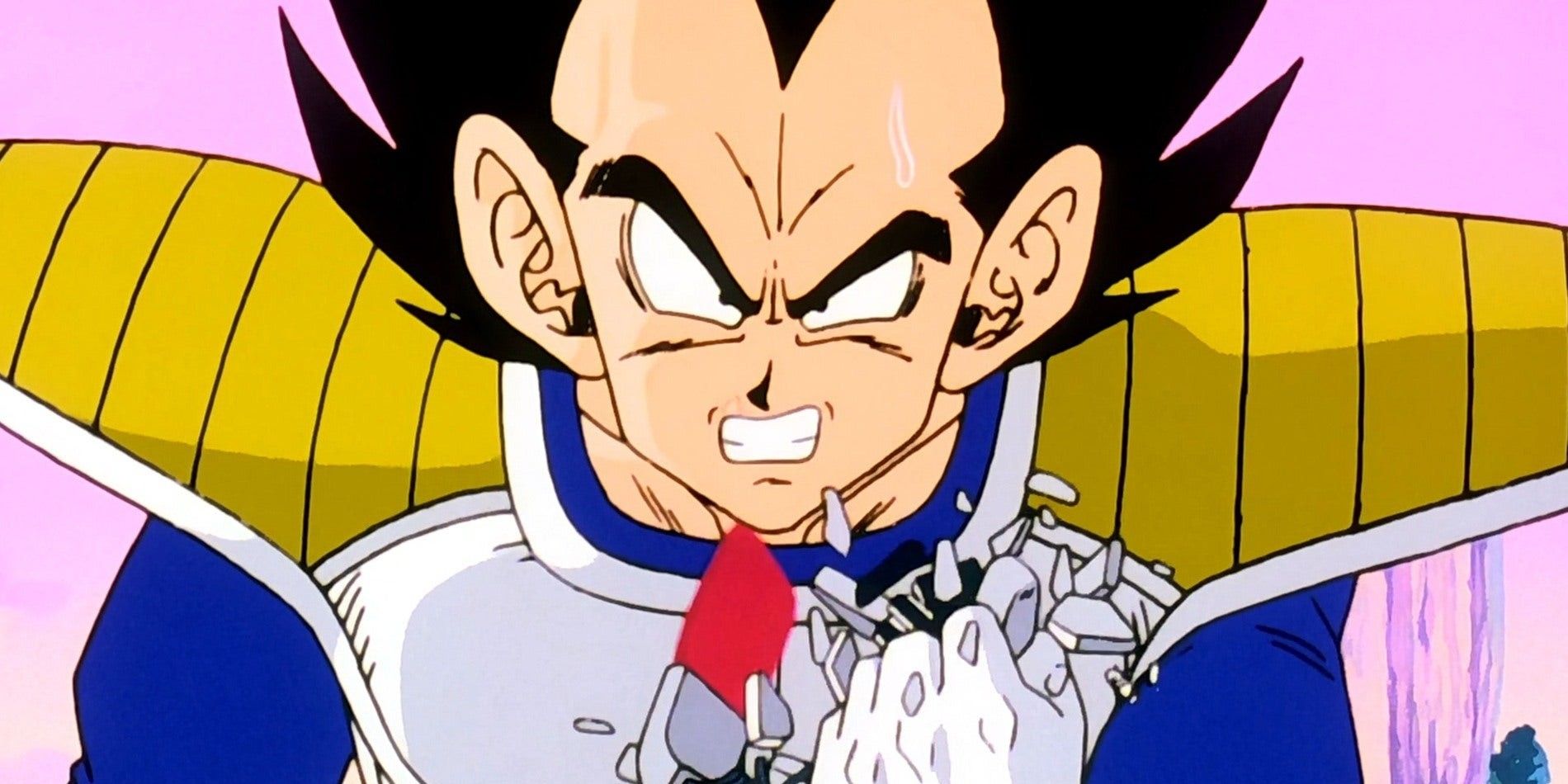Exactly what went wrong with the 2009 live action Dragon Ball movie? Thanks to the internet, anime is more internationally popular than ever before, with more and more people able to access and consume television shows that were previously only available in Japan. Despite this recent surge, undoubtedly the most profitable anime series across the world remains one of the old guard - Dragon Ball. First printed in 1985 and adapted for TV the following year, Dragon Ball attained monstrous success in Japan and was one of the few anime series of the era to be picked up by western networks.
For many fans, this marked a wondrous first exposure to the world of anime, and Dragon Ball acted as a gateway drug to the likes of Naruto, Bleach and One Piece. However, Dragon Ball has retained its own popularity over the years, even during times of total inactivity. Akira Toriyama's franchise is currently releasing a new series of animated movies, the most recent of which, Dragon Ball Super: Broly, did massive numbers at the international box office, proving the story of Goku and his friends is in unquestionably rude health.
All of which makes the failure of the 2009 live-action Hollywood adaptation even more confusing. Dragonball Evolution theoretically came at the perfect time; fans were young enough to remember seeing Dragon Ball Z on TV, but there was nothing else new being produced. A cinematic interpretation of Dragon Ball was something many had been crying out for and the eventual realization of that wish sent waves of anticipation throughout the western anime community. Of course, Dragonball Evolution ended up being infamously bad and arguably popularized the notion that live-action anime adaptations were doomed to fail. After all, if Dragon Ball can mess up entirely, surely anything can. It wouldn't be an exaggeration to say that Dragonball Evolution got everything wrong but, specifically, why was the film such a huge failure?
No Faithfulness To The Original Dragon Ball
Anime fans can often be heard passionately complaining any time a planned live-action adaptation makes a deviation from the source material - moving Death Note from Japan to the U.S., for example - and Dragonball Evolution is partly responsible for that cynicism. Director, Stephen Chow, was entirely unfamiliar with Dragon Ball while working on the movie and that is very much evident in the fact that the finished product barely resembles what fans know and love. Almost every part of the mythology is changed, even when it serves no purpose to do so. The Dragon Balls were created by mystics, Saiyans were once enslaved by Piccolo and Grandpa Gohan's death is rewritten wholesale. Even the type of moon needed for Goku to transform into an Oozaru was altered. The basic premise of the film is a very loose adaptation of the original Dragon Ball's King Piccolo saga, but almost every element feels unfamiliar. In terms of making changes for the sake of being different, Dragonball Evolution is a prime culprit.
It's not only Dragonball Evolution's story existing fans will be unfamiliar with, but the visuals too. Adapting an anime full of alien planets and energy attacks into live-action was never going to be an easy task, but Dragonball Evolution once again fiddles where fiddling isn't necessary. A key example of such can be found in the depiction of Goku's Kamehameha; a simple energy beam in the manga and anime, inexplicably turned into some type of Last Airbender-esque wind gust in live-action. Fans might've forgiven sub-par visual effects if the intention to be authentic was there, but Dragonball Evolution lacks on both accounts.
Story and visuals can sometimes be given a shake up if the spirit of the original work remains present but, once again, Dragon Ball fans are out of luck in this regard. Where the original story was essentially a Shonen battle manga punctuated by moments of goofy humor and a light-hearted soul, Dragonball Evolution skips most of the battle elements and all of the levity. It's very hard to keep a straight face in a series where an entire race is named after vegetables, but Dragonball Evolution does its damnedest, masquerading as a shallow drama with forced romance and an cringe-worthy sense of tragedy.
Almost Everyone Was Miscast
There are essentially two separate eras in the original Dragon Ball story - one set when Goku is a child, and one picking up the narrative in his adult life. Dragonball Evolution chooses to follow neither, and casts Goku and his friends as teenagers. This is problematic enough, since it completely alters the dynamic, motivations and personality of each character, but the Hollywood adaptation might've got away with the age change if it had selected the right actors.
Dragonball Evolution did not select the right actors. Justin Chatwin has since proved his ability in other projects, but Goku's characterization is entirely wrong. The live-action hero is devoid of the original's warmth, innocence, natural ability and easy-going nature, all of which is replaced by generic teen movie awkward underdog qualities. Goku's charm is in being a blissfully ignorant child or a simple-minded but good-natured father, but the Goku of Dragonball Evolution is neither, and he isn't the only one to suffer. Jamie Chung's Chi-Chi has two things in common with her original counterpart - the name, and some decent fighting skills; other than that, she's an entirely different character. Yamcha, meanwhile, has been kidnapped and replaced with a stereotypical biker type, Master Roshi is hammered into the standard Mr. Miyagi mold and Bulma is toned down considerably.
And then there's Krillin, miscast in the sense that Dragonball Evolution missed casting the character. It's inconceivable that a Dragon Ball movie set before the Z era could deem Krillin surplus to requirements but still cast Yamcha in a prominent role. Krillin is key in the King Piccolo saga and acts as Goku's best friend throughout childhood, but he's also one of the most relatable and likable figures in the Dragon Ball canon. Even a miscast Krillin would've lifted Dragonball Evolution's quality up a notch.
Picking The Wrong Starting Point
Just as Dragonball Evolution picked the wrong ages for its central characters, so does it plump for a less-than-ideal jumping off point. In fairness, the logic of selecting the King Piccolo saga as a beginning is clear - the Namekian's revival marks the moment Dragon Ball shifts from more light-hearted fare to the battle-centric formula that brought Goku international fame. However, starting at this halfway stage also means Dragonball Evolution kicks off right in the middle of Goku's story, forced to throw in some scraps of background to provide context.
Strangely, there are two other starting points that are both more obvious and far easier to adapt. The first is simply Dragon Ball's opening saga, in which Goku and Bulma race against the pesky Emperor Pilaf to gather the seven Dragon Balls. While this beginning would be the most logical in narrative terms, Pilaf was a remarkably underwhelming villain, and perhaps not suited for the big screen. Alternatively, a live-action Dragon Ball movie might've been best-advised adapting from the start of Dragon Ball Z. Not only is this the material western fans are most familiar with, but it represents the start of Goku's life as an adult, and offers more natural opportunities to weave in some origin story than the Piccolo saga.
Instead, Dragonball Evolution gives itself the task of establishing a cast of characters, a fictional fantasy setting, an alternate Earth and years' worth of anime and manga lore, all in time to make Goku feel like a capable martial artist ahead of the final battle. It's hardly surprising that the development of the characters and plot feels so limited when the story tries to cram an entire series of anime content into a single movie.
Misunderstanding The Audience
Perhaps the cardinal sin of Dragonball Evolution is the American high school-style setting, which itself comes from the studio, director and writer all misunderstanding their film's target audience. Mirroring the decision to make Goku a teenager, 20th Century Fox clearly identified Dragon Ball's strong adolescent following and reasoned those teenagers would be looking for a movie that reflected their own lives - something that encompassed everyday high school problems, young crushes and the dilemma of how to fit in at a 'cool kids party' when you keep turning into a murderous alien ape.
Assuming this is the kind of shtick Dragon Ball fans wanted immediately assassinated any chance of success the live-action movie had, and completely ignored the qualities that made Goku's story so popular in the first place. There was likely also a hope that pulling Dragonball Evolution in line with the real-world would make it more appealing to the casual viewer. Producers have since come to learn that the opposite is true. Many adaptations, not just of the anime variety, have made sweeping changes to better suit the palette of a mainstream audience, but precious few succeed, with the negative word of mouth from existing fans deterring potential newcomers. Directors put in charge of adapting existing franchises into live-action are increasingly prioritizing keeping existing fans happy over enticing newbies - and are enjoying greater success.
The team behind Dragonball Evolution seemed under the impression that fans would enjoy Akira Toriyama's story more if it had less of the outlandish anime elements and was given a stiff shot of westernized teen movie tropes as a replacement. Their fatal mistake was not realizing that one reason western fans fell in love Dragon Ball in the first place was the uniqueness and cultural differences anime offered, and this complete misunderstanding of the property put a dent in live-action anime adaptations that remains visible to this day.

